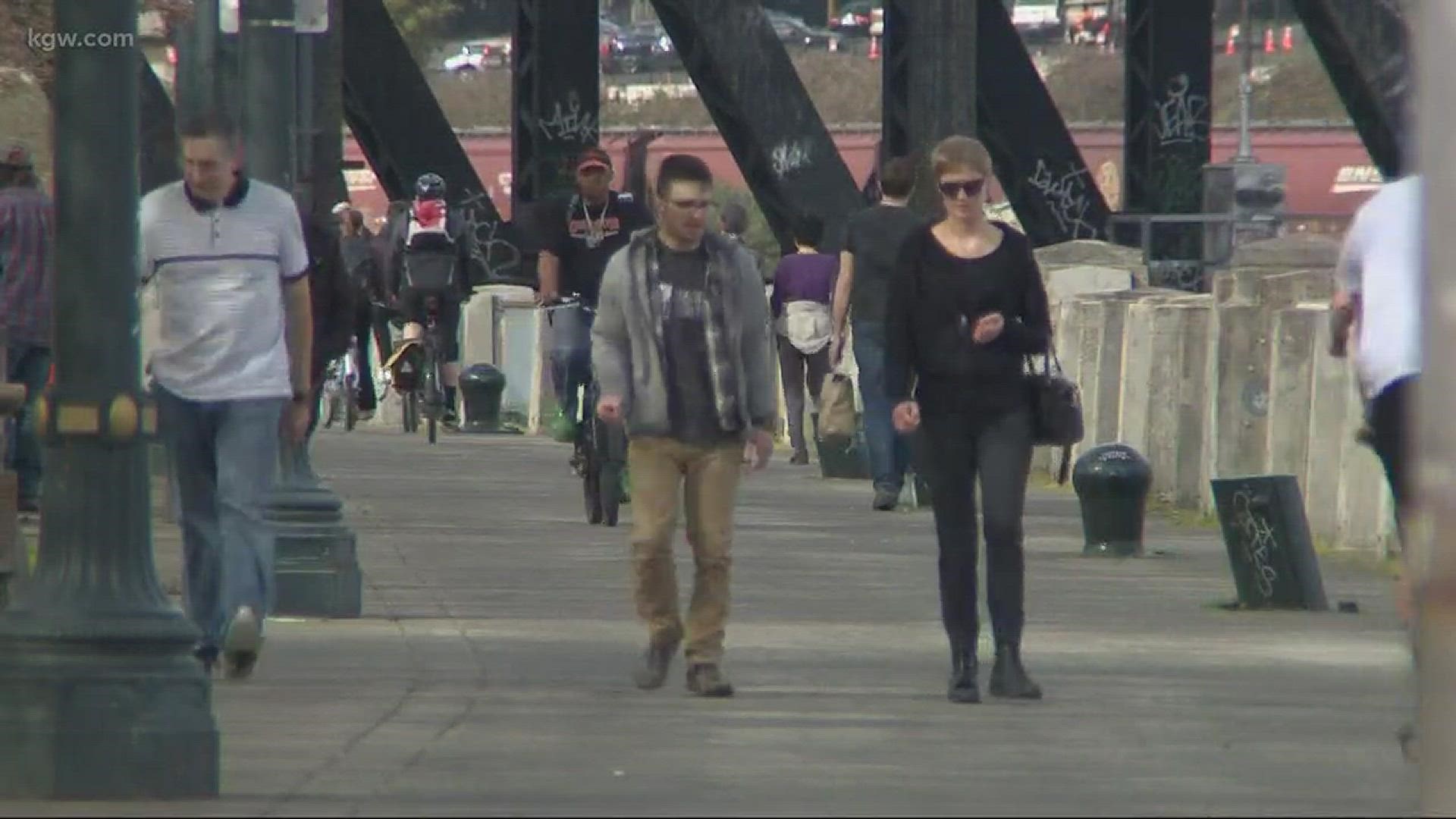PORTLAND, Ore. -- The City of Portland and Multnomah County, via their Joint Office of Homeless Services, are jumping on board with a national study surrounding race and its role in a person’s chances of becoming homelessness.
The study, spanning eight communities and four years, is called SPARC, or Supporting Partnerships for Anti-Racist Communities, and it’s coordinated by the Massachusetts-based Center for Social Innovation.
Researchers, led by project director Marc Dones, have already visited and comprised data from six other communities, including Atlanta, Dallas and San Francisco.
Portland and Multnomah County will represent the seventh community. The state of Minnesota will be the eighth.
Their focus, Dones said on Friday, surrounds systemic racism.
“We have thought that ending racism has been about ending people saying mean things, and it's not. In reality what ending systemic inequity is really about is addressing things like wealth gaps, addressing things like income gaps.”
In the communities visited for SPARC, so far 64.7% of those experiencing homelessness were black. Researchers contrast that with national statistics that show 12.4% of America’s population is black.
According to Multnomah County’s most recent Point in Time Count, Dones said the local disparity of black people who are homeless versus black people overall is in line with the spectrum of communities they’ve seen.
Here, African-Americans make up 7 percent of the county’s overall population, while comprising 16 percent of its houseless population.
“With a population that is so overwhelmingly white, to still have those same disproportionally ratios was for us a really good indicator that this was the right way to think about it,” said Dones.
Dones’ team have conducted about two dozen interviews with African-Americans who are homeless in Portland, as well as advocates.
They’ve also asked for a list of suggestions surrounding curbing the rate of poverty among people of color.
From there, they’ll narrow the list to a few tangible goals.
Dones said other communities have zeroed in on things like funding social service agencies who already have a strong foothold in the local black community, organizing housing and legal resources to help people of color fight wrongful evictions, and working to diversify leadership in local governing bodies.
Dones added Portland will serve as a valuable test pilot moving forward, as researchers bring findings to other predominantly white cities.

